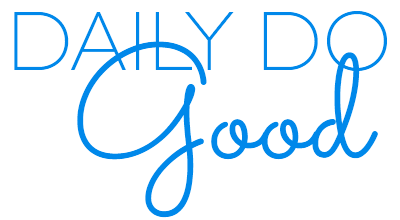Norton said she prefers the longer investments of time. One of her favorites was Urban Alliance, an organization that pairs underserved high school seniors with paid internships, along with additional life skills and job readiness training.
"We met this young man when he was 17, his life was going in one direction, and that direction was not good."
Through the Urban Alliance program, the young man got a job at Morgan Stanley. By the end of his senior year, he’d worked his way up to an account, and was awarded a college scholarship.
"He is so exceptionally good,” Norton said. “The power of the transformation is amazing."
THE BEST OF WASHINGTON
The majority of work done by Stone Soup Films is pro bono. Only 20 percent of the films are produced for a fee, thanks in large part to dedicated, civic-minded volunteers.
“The model is so cool,” said volunteer Patrick Frank. The owner of a small media company, Patch Bay Media, Frank offers Stone Soup Films his services as a shooter.
"Every time I show up to a shoot, I'm like, 'wow, this is really cool, I've never heard of this.’ It's an opportunity for me to use my skills and give back to these organizations that are doing really great work. Hopefully from the footage that I capture, people will have the same impression I have."
At present, there are seven films in production, including Stone Soup’s first feature, which they’ve been working on for almost two years.
"Every day at (Stone Soup) you get to learn something new,” said Mock. “I love learning how people tick and what's behind everyone. There's a wide range and diversity of people."




























































